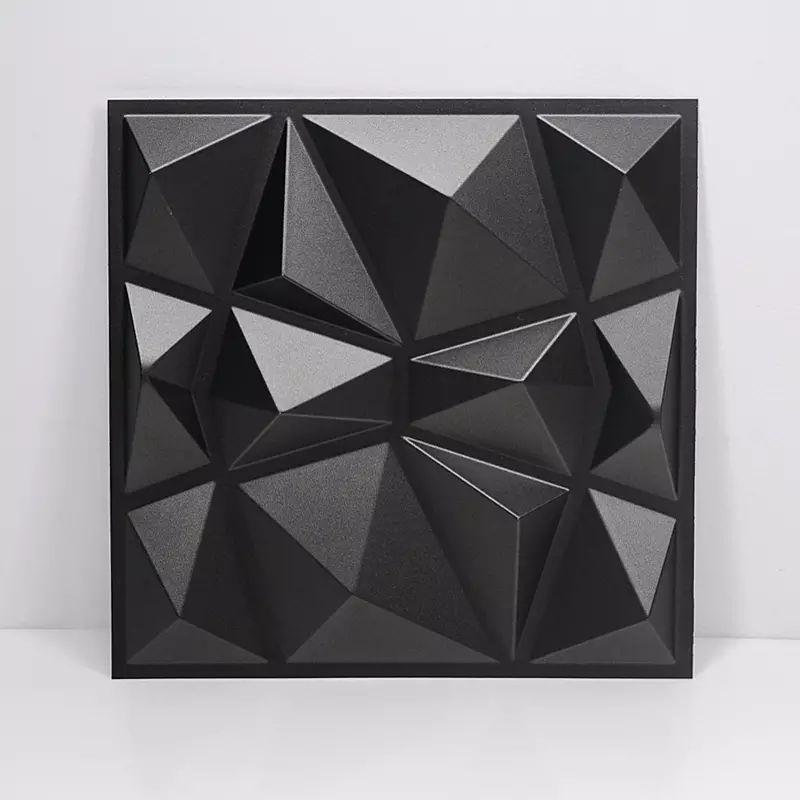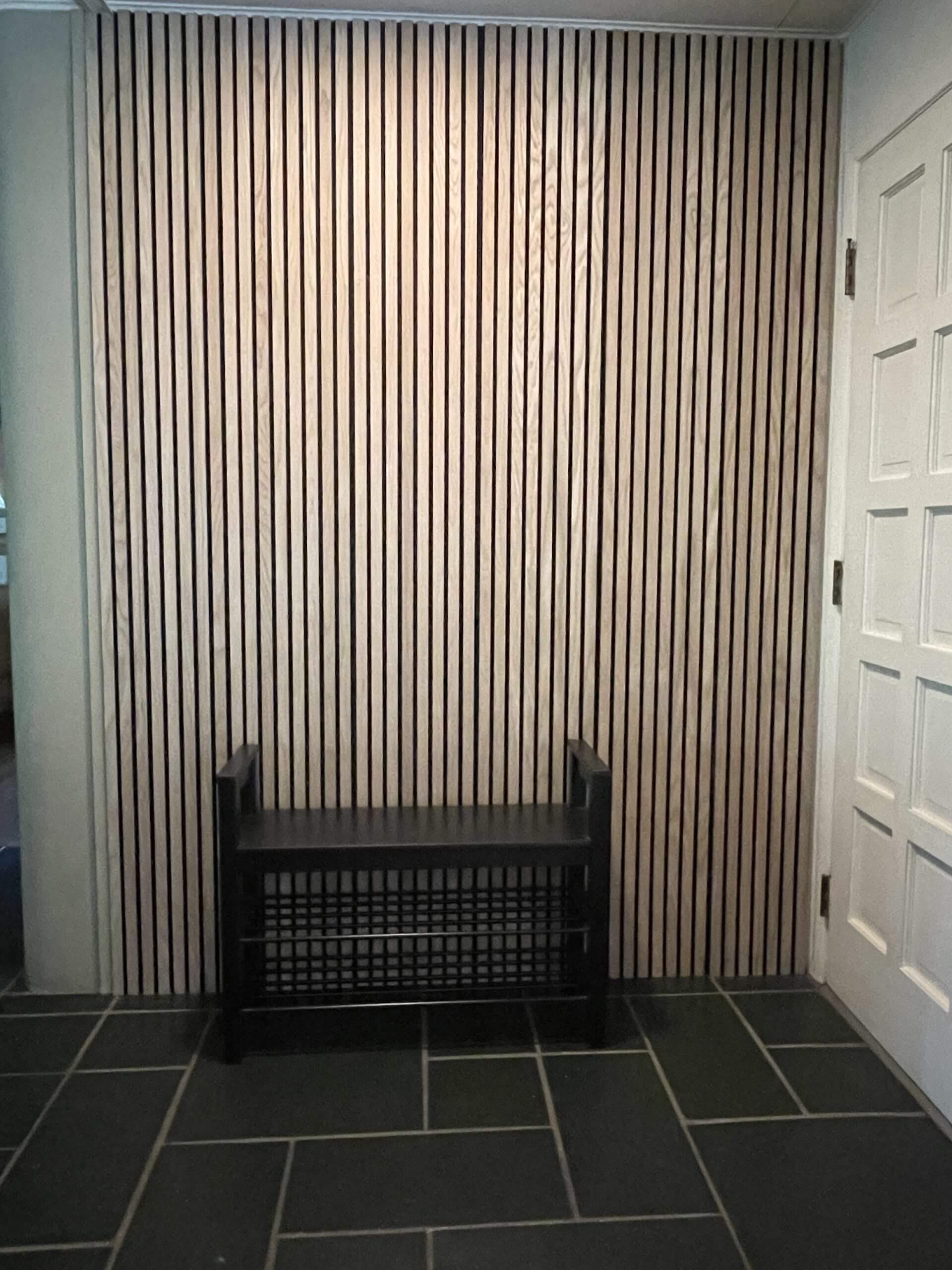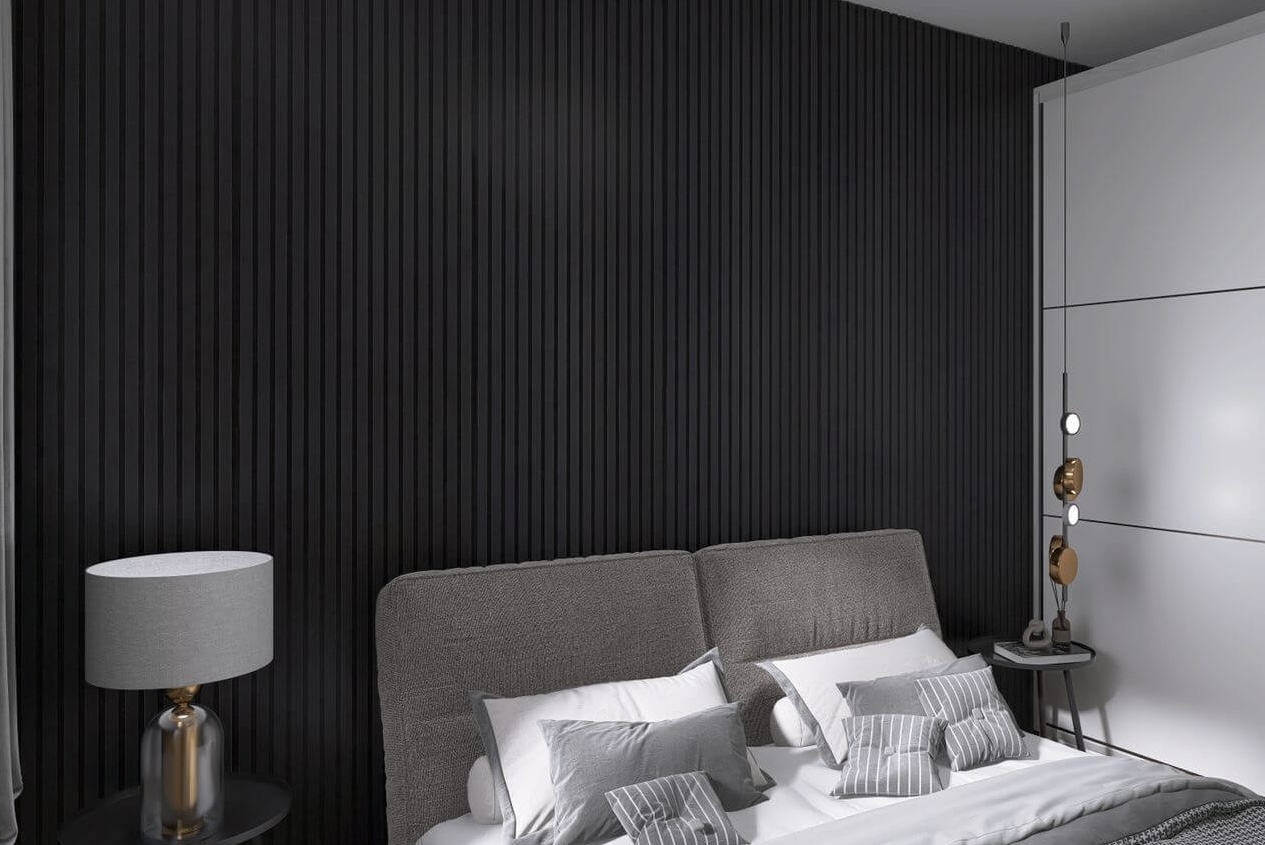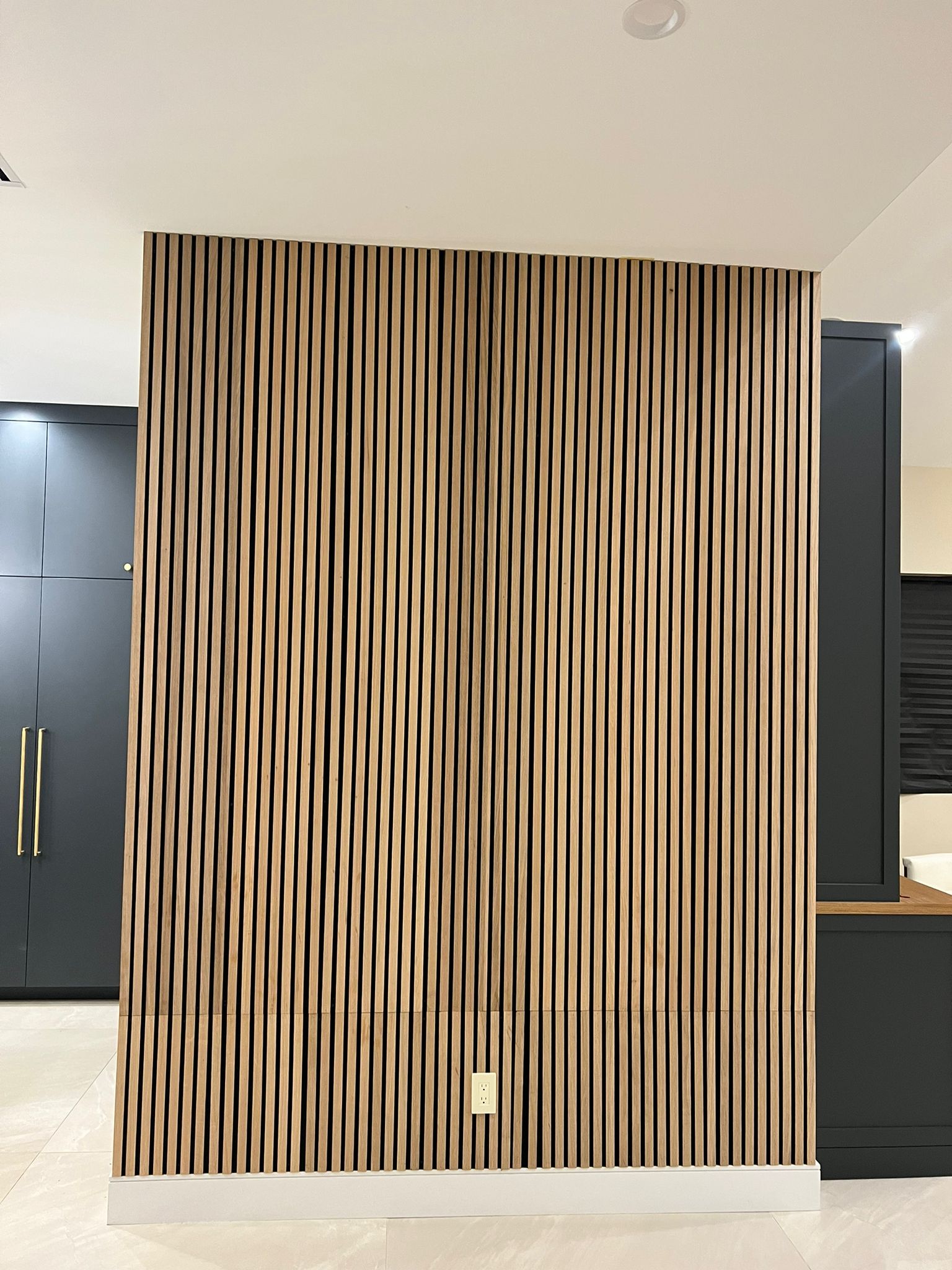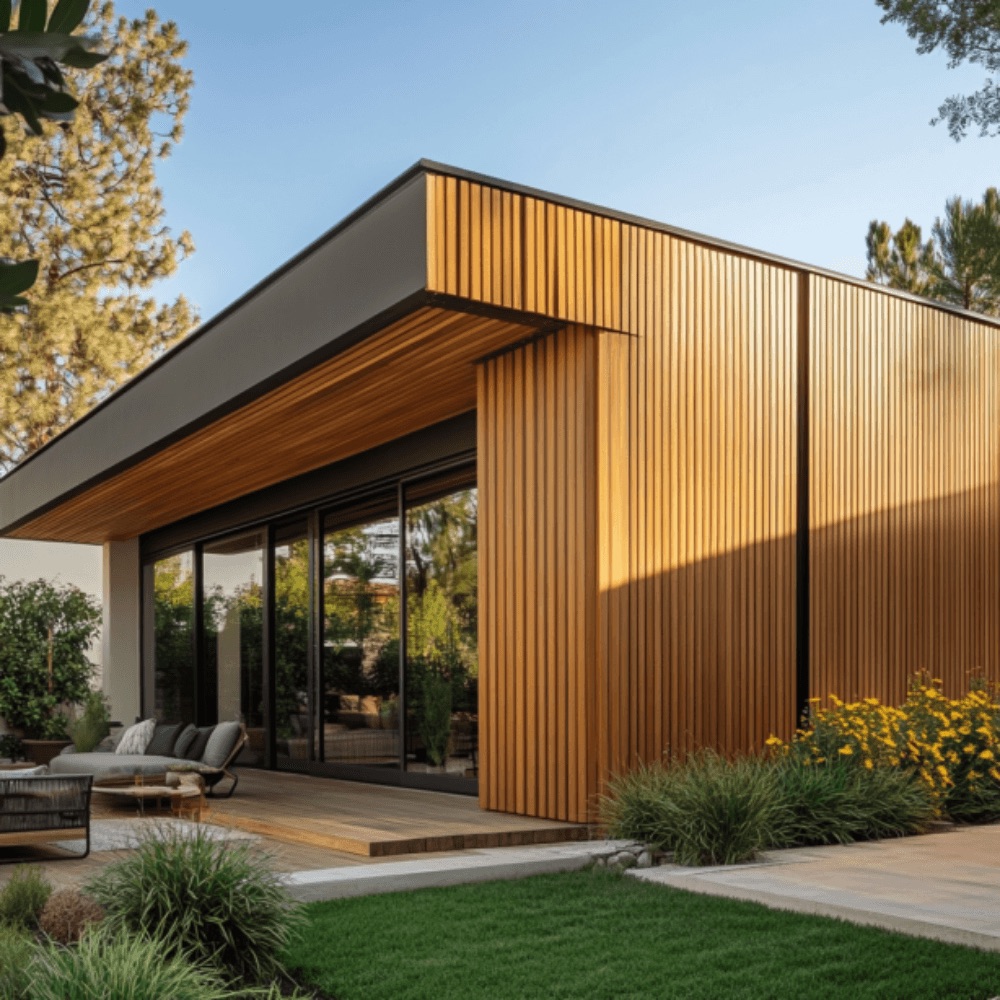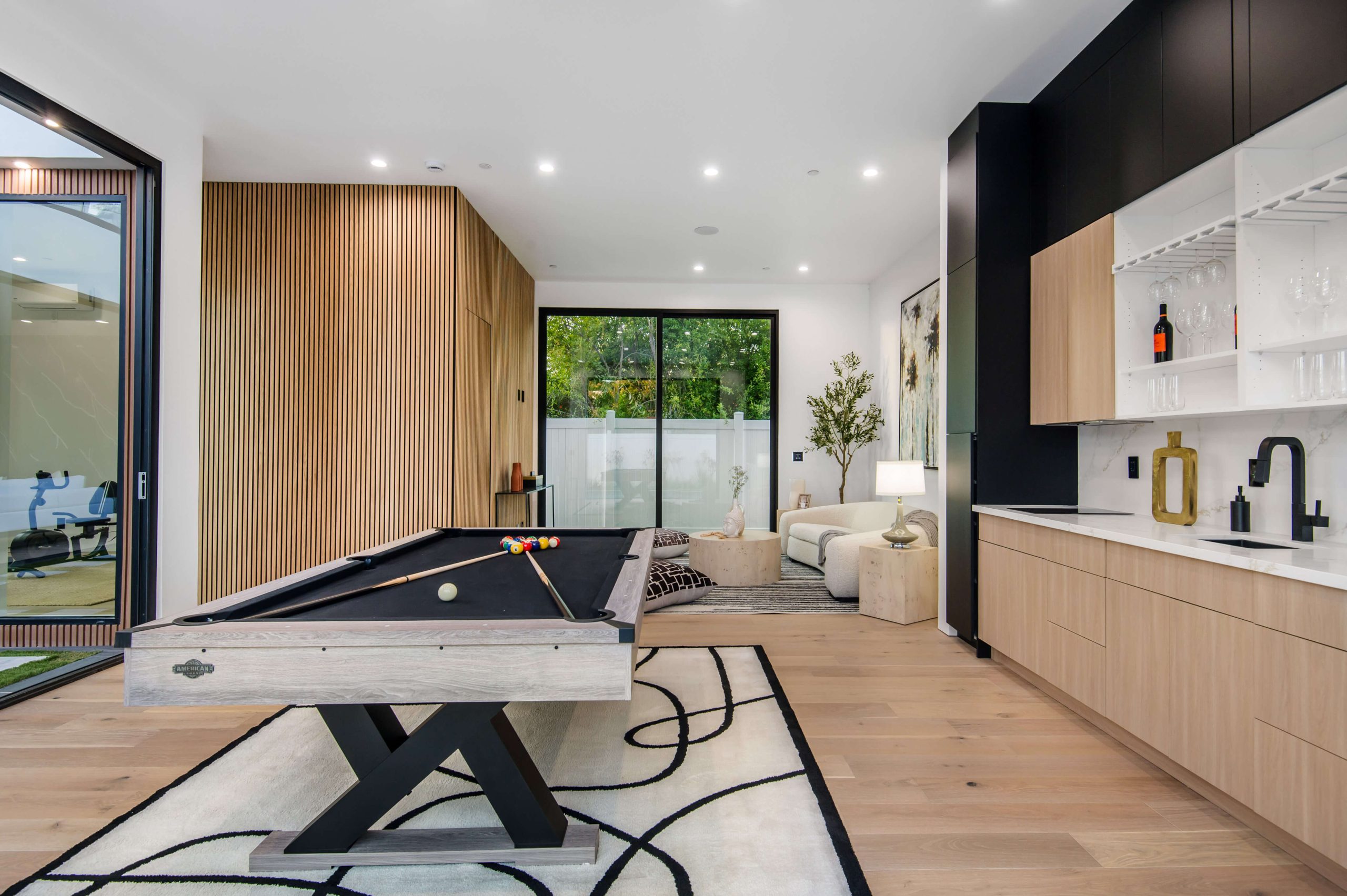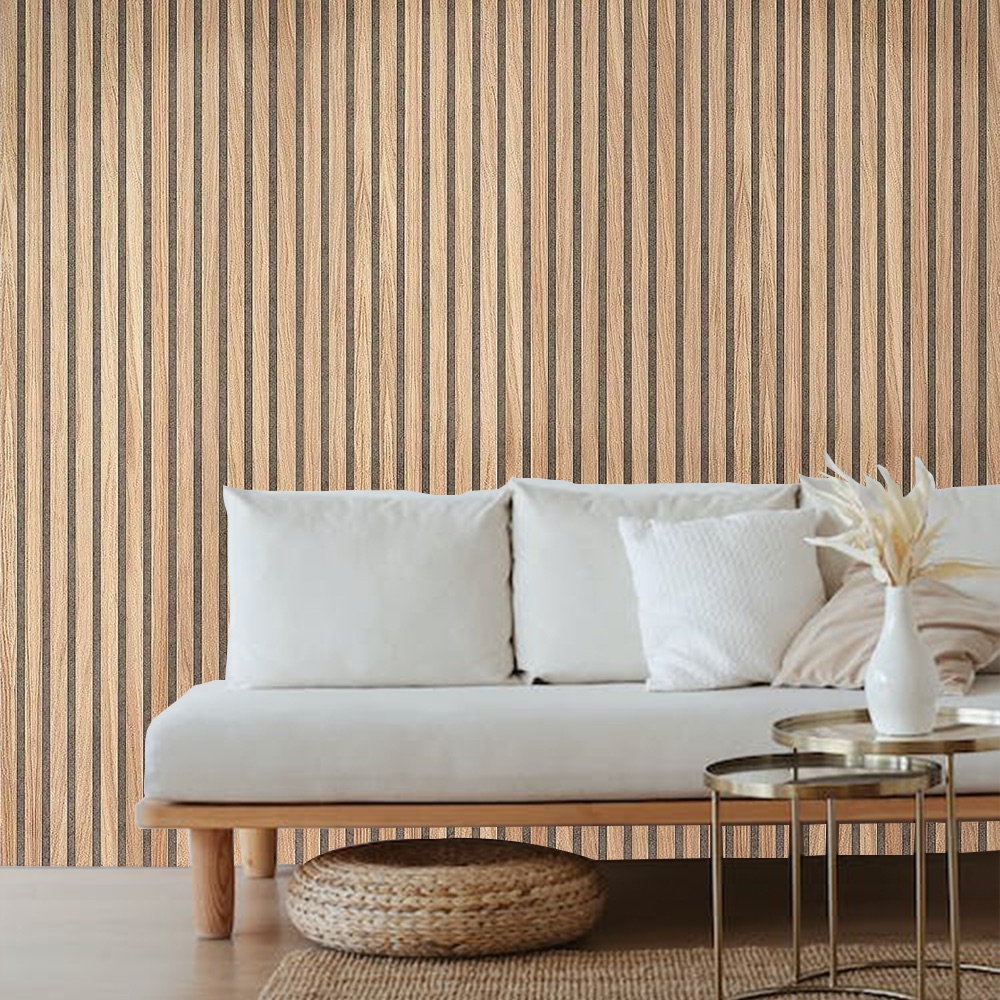The push for sustainability in modern design has transformed how we view home and office renovations. Reusable wall panels, a key player in this green revolution, provide a versatile and eco-friendly alternative to traditional wall coverings. These panels are designed to be installed, removed, and reinstalled with ease, making them an ideal choice for those looking to reduce waste and embrace sustainable living. Let’s explore the advantages of reusable wall panels and their role in sustainable designs.
What Are Reusable Wall Panels?
Reusable wall panels are wall coverings made from materials designed for durability, ease of installation, and reusability. These panels often feature interlocking systems or adhesive-backed designs that allow for easy attachment and removal without damaging walls. From wood and bamboo to recycled plastic and composite materials, these panels come in various styles, textures, and finishes to suit diverse aesthetic preferences.
The main appeal of reusable wall panels lies in their adaptability. Whether you’re a homeowner looking to revamp a room or a business owner updating office interiors, these panels offer a quick and sustainable solution.
The Environmental Benefits of Reusable Wall Panels
One of the most significant advantages of reusable wall panels is their positive impact on the environment. Here’s how they contribute to sustainable living:
- Reduction of Construction Waste: Traditional wall coverings, such as drywall, generate considerable waste during installation and demolition. Reusable wall panels eliminate this problem by allowing panels to be removed and reused.
- Durability and Longevity: Made from high-quality materials, reusable wall panels are designed to withstand wear and tear, reducing the need for frequent replacements.
- Sustainable Materials: Many reusable wall panels are crafted from eco-friendly resources, including reclaimed wood, bamboo, and recycled composites, further minimizing their environmental footprint.
- Energy Efficiency: Some panels offer insulation properties, reducing energy consumption for heating and cooling.
Reusable wall panels are a step toward achieving sustainable interiors, combining functionality with environmental consciousness.
Applications of Reusable Wall Panels
Reusable wall panels are not only environmentally friendly but also highly versatile. Here are some popular applications:
- Home Interiors:
- Living rooms: Add texture and warmth with wood or bamboo panels.
- Kitchens: Use moisture-resistant panels for a stylish backsplash.
- Bedrooms: Create accent walls with elegant designs that are easy to update.
- Commercial Spaces:
- Office partitions: Create adaptable workspaces with panels that can be reconfigured.
- Retail displays: Design eye-catching storefronts and shelving units with interchangeable panels.
- Restaurants: Achieve thematic changes by swapping out wall panels.
- Event Decor:
- Trade shows: Panels are perfect for temporary booths and displays.
- Weddings: Use panels for customizable backdrops that are easy to assemble and transport.
Reusable wall panels offer endless possibilities for both permanent and temporary applications, catering to varied needs.
Benefits of Choosing Reusable Wall Panels
Reusable wall panels come with a host of benefits, making them a popular choice for eco-conscious individuals and businesses:
- Cost-Effective: While the initial investment may be higher than traditional options, the reusability and durability of these panels result in long-term savings.
- Easy Installation: Many reusable wall panels feature simple installation methods, requiring minimal tools and expertise.
- Customizability: Available in a wide range of styles, textures, and colors, these panels can be tailored to match any design theme.
- Low Maintenance: Reusable wall panels are often treated to resist stains, moisture, and scratches, making them easy to clean and maintain.
Types of Reusable Wall Panels
Reusable wall panels come in various materials and designs. Below is a description list to help you understand the options available:
- Wood Panels: Made from reclaimed or sustainably sourced wood, these panels provide a rustic and warm aesthetic.
- Bamboo Panels: Lightweight and eco-friendly, bamboo panels are ideal for tropical or minimalist designs.
- PVC Panels: Durable and waterproof, these are excellent for bathrooms and kitchens.
- Fabric Panels: Offer sound absorption and a soft texture, perfect for office spaces or home theaters.
Each type of panel has unique features that cater to specific needs, ensuring there’s a perfect fit for every project.
How to Install Reusable Wall Panels
Installing reusable wall panels is a straightforward process. Follow these steps for a seamless installation:
- Prepare the Wall:
- Clean the surface to remove dust and debris.
- Ensure the wall is dry and smooth for proper adhesion.
- Plan the Layout:
- Arrange the panels on the floor to determine the placement.
- Mark guidelines on the wall for alignment.
- Install the Panels:
- Use adhesive strips, nails, or interlocking mechanisms as specified by the manufacturer.
- Start from one corner and work your way across, ensuring each panel fits snugly.
- Finishing Touches:
- Trim any excess material and secure edges.
- Clean the panels to remove fingerprints or dust.
Reusable wall panels are designed for DIY enthusiasts, making them an accessible option for most homeowners.
Versatility of Reusable Wall Panels
To better understand the applications and benefits of reusable wall panels, consider these visual aids:
- Advantages & Applications
- Advantages: Eco-friendly, cost-effective, easy to install, customizable.
- Applications: Homes, offices, events, and retail spaces.
- Comparison of Materials:
| Material | Key Features | Best For |
|---|---|---|
| Wood | Natural, warm aesthetics | Living rooms, offices |
| Bamboo | Lightweight, eco-friendly | Tropical designs |
| PVC | Waterproof, durable | Kitchens, bathrooms |
| Fabric | Sound-absorbing, soft | Offices, home theaters |
- Flow Process:
- Start with wall preparation → Plan layout → Install panels → Add finishing touches.
FAQ Section: Reusable Wall Panels
-
What are reusable wall panels?
Reusable wall panels are wall coverings designed for easy installation, removal, and reuse, making them a sustainable choice.
-
How do reusable wall panels support sustainability?
They reduce construction waste, use eco-friendly materials, and offer durability, minimizing the need for replacements.
-
Can I install reusable wall panels myself?
Yes, most panels are designed for easy DIY installation using simple tools and instructions.
-
Are reusable wall panels suitable for humid environments?
Certain materials, like PVC and treated wood, are moisture-resistant and ideal for humid areas.
-
How do I maintain reusable wall panels?
Clean them regularly with a damp cloth and avoid abrasive cleaning agents to maintain their finish.
By choosing reusable wall panels, you invest in a solution that merges style, functionality, and sustainability. From reducing waste to offering design flexibility, these panels are revolutionizing how we approach interior design. Whether you’re remodeling a home or designing a commercial space, reusable wall panels provide a smart, eco-friendly option that doesn’t compromise on aesthetics.

